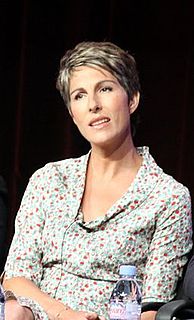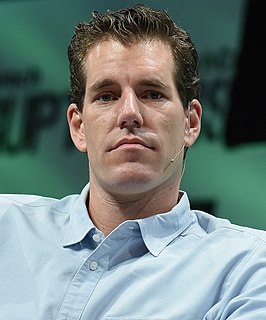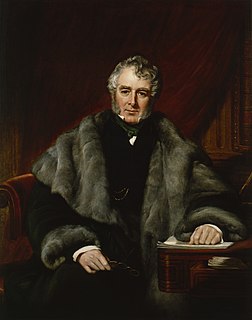A Quote by Max Lucado
My first encounters with faith came about the time I was a Boy Scout, at about 14 or 15. I made the logical deduction that they operate the same way; I treated my faith like earning a merit badge, and everything about Christianity was about earning merit badges.
Related Quotes
When I came to faith, I thought I would have to stop being an actor, because it's all about artifice and manipulation. But we're living in a world where God doesn't really have an influence, unless it's fundamentalists, so I'll always be an outsider because of my faith. And when you think about it, faith and acting are all about stories, so the two are not mutually exclusive.
Only by spiritual practice can we break through our karma and the effects of the causes we have made. Only then can we escape from them. It matters not whether you have acquired any merit. Merit is merit. Karma is karma. Nonetheless, if one practices the Quan Yin Method, one can be liberated regardless of having any merit or not. It is so logical, so scientific.
Richard Dawkins says he can't be sure God doesn't exist. Well, you know what I do when I'm not sure about something? I go on a big crusade about it and write a bunch of books on the subject. No, wait, that sounds more like what someone with a mental disorder would do. That's one of the crazy things about lots of atheists: They're whole movement is supposed to be about being logical and reasonable, yet they tend to rail against religion is a very mindless way that doesn't seem to serve any more purpose than a tantrum. Perhaps I just don't understand their strong faith in not having faith.
Kant's aim was to develop a religion within the boundaries of mere reason (that is, reason unaided by special empirical revelation) and then to ask about existing ecclesiastical faith (especially about Christianity, and the Lutheran Christianity of his time and place) how this revealed faith must be interpreted if it is to be reconciled with reason, and even seen as a wider (though morally optional) extension of a religion of reason.
But there were some things I believed in. Some things I had faith in. And faith isn't about perfect attendance to services, or how much money you put on the little plate. It isn't about going skyclad to the Holy Rites, or meditating each day upon the divine. Faith is about what you do. It's about aspiring to be better and nobler and kinder than you are. It's about making sacrifices for the good of others - even when there's not going to be anyone telling you what a hero you are.
When we talk about the kind of folks whose lives will be made better by raising the minimum wage, we're not talking about a couple teenagers earning extra spending money to supplement their allowance. We're talking about providers and breadwinners. Working Americans with bills to pay and mouths to feed.



































